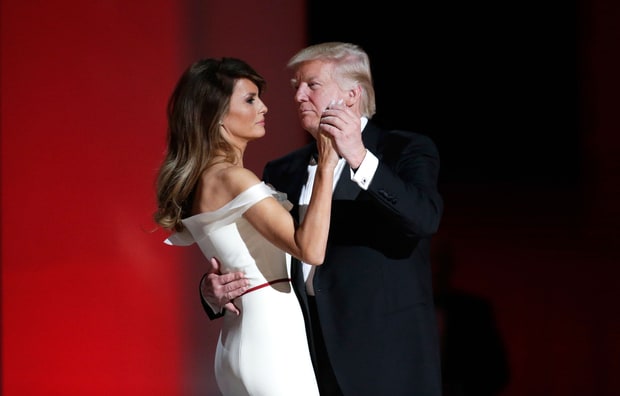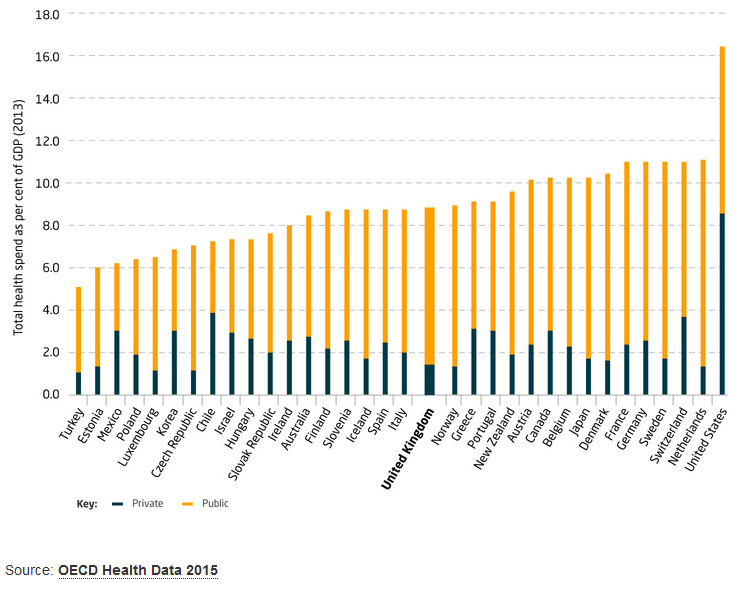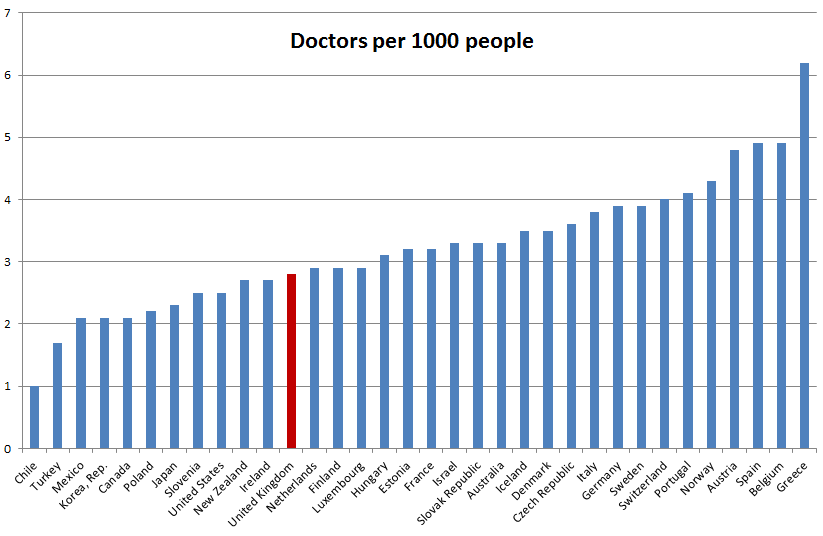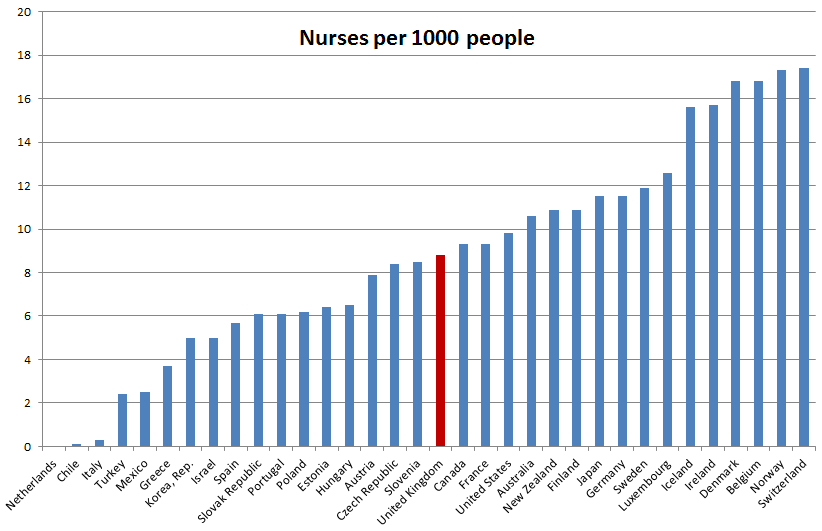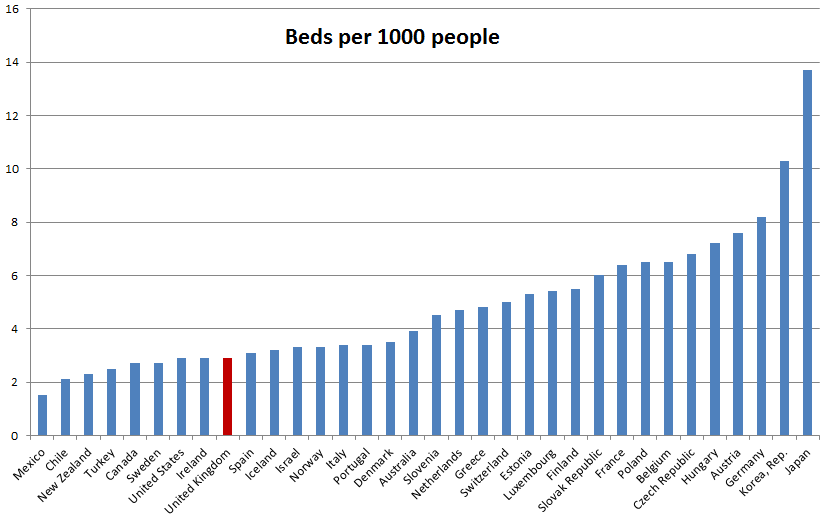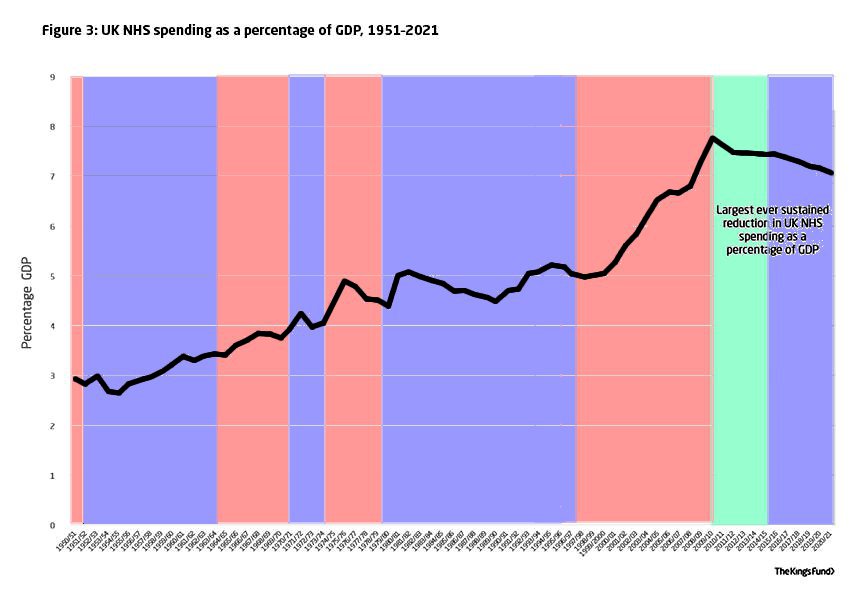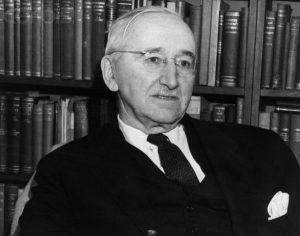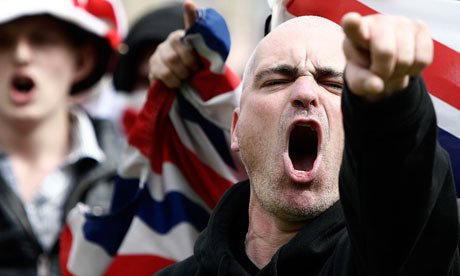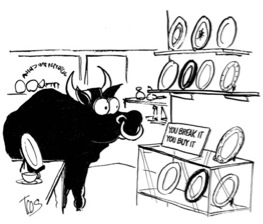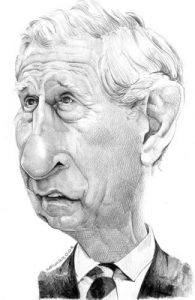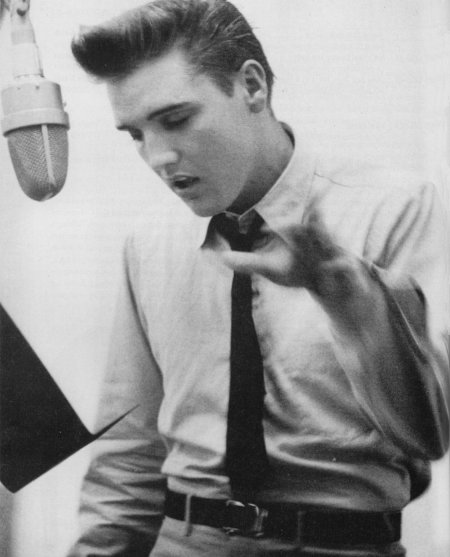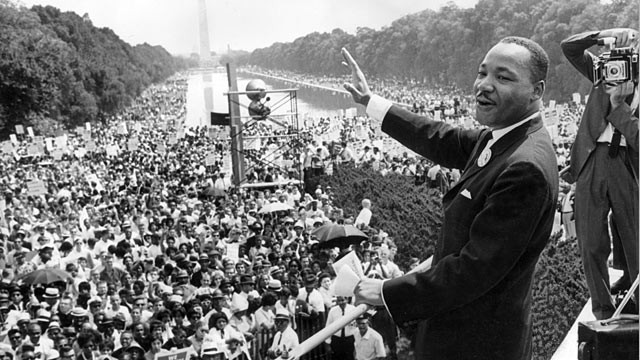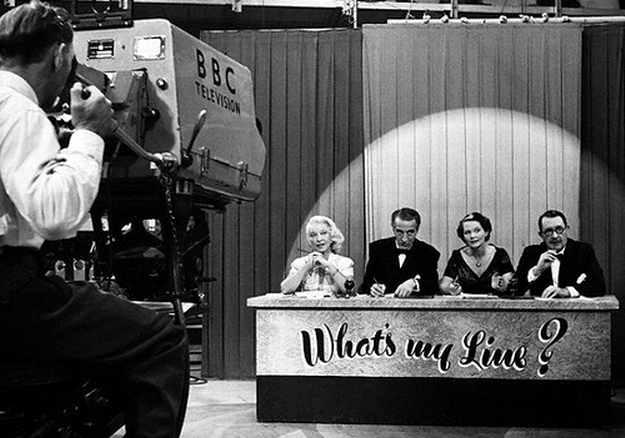
Only people well above retirement age will remember a gentle 1950s TV panel game called What’s My Line? Panellists would try to guess a person’s line of work from a mime and answers to ten “yes” or ”no” questions. Right now, Theresa May doesn’t seem to know what her job is. She spent too long as Home Secretary and still hasn’t woken up to her apparent promotion.
The Home Office
It’s been a truism of British politics that the job of being Home Secretary breaks politicians. In the last 25 years we have had 11 jobholders in that post. That’s an average duration of 2 years and 3 months. Theresa May stuck it out for 6 years (with Michael Howard and Jack Straw next, at 4 years apiece). That speaks to me volumes about May’s politics and outlook on society.
For a long time, I’ve believed that the Home Office is the most illiberal, dysfunctional of all the government departments. Even more this is true of its bastard offspring, the UK Border Agency, where asylum-seekers and would-be citizens have to navigate a nightmarish, Kafkaesque system to gain residency and citizenship rights. Anyone who has had any dealings with the system knows that the tabloid portrayal of Britain as an “easy touch” for immigrants is a gross, downright lie.

May is, I believe, a rather small-minded person with a strong authoritarian streak. I detect no real sense of empathy or genuine humanity – just like I view the Home Office. No wonder she lasted so long there. During this time, Prime Minister Cameron often repeated that Government policy was to reduce net migration into the UK to “tens of thousands”. This policy was absurd, as achievement was outside his control.
Possibly bruised by her experience of repeatedly failing to meet Cameron’s daft immigration “target”, May appears to be over-obsessed about immigration. May has swallowed whole the argument, put forward by UKIP, her Europhobic flank and the rabid tabloids, that the referendum result implies reducing immigration is a top priority in the EU negotiations. There is no sound reason to draw this conclusion.
Motives for Voting “Leave”
Let’s unpick this assumption a bit. The referendum produced a binary result to the question whether the UK should leave or remain in the EU. It stands to reason that voters on both sides would have had a variety of reasons in mind when voting. I’m unaware of any convincing research as to what those reasons actually were. Let’s try to list those of the “leave” voters, in roughly ascending order of merit:
- Bigotry: racism and xenophobia: sadly, there is still a minority of people who fit this category. They are implacably opposed to the EU and all its works and their opinions are fixed firmly. A few of these are those responsible for the rise in hate crimes since the referendum. Clearly, all people with such a reason would wish to see a drop (to zero, presumably) in immigration.
- Credulity: the referendum saw politicians in the leave camp at their most mendacious: I have never known so many blatant lies. This followed 40-plus years of lies, distortions and propaganda from sections of the media (you know who). I have to keep reminding myself that many – most? – people do not take the degree of interest in politics that I do. Such people may be more willing to accept these lies as the truth. A difficult-to-quantify proportion of these will agree that immigration should be reduced.
- Post-imperial hubris and delusion: Likely to be skewed towards older voters, there are many Brits who continue to live in the shadow of our airbrushed imperial past. They hold instinctive views that we can relive our former imperial glory and be better off going it alone. Probably a majority holding these views would wish to reduce immigration, since, obviously, the British are better at doing things than Johnny Foreigner – despite vast evidence to the contrary.
- Resistance to change: I would guess there’s a far greater number of “leave” voters in this category. Too-speedy change to the composition of a community can be disconcerting and a proportion of people will be opposed. It’s likely a significant proportion of this group would want reduced immigration. Some may not: they may see the economic and key skills benefits of migrants, as long as there are not too many in their back yards.
- Desperation to be heard and for a change from the status quo: Much has been heard about this group and their vulnerability to populist siren voices. There’s a partial overlap with “credulity” in that they’re likely to have allowed their anger about “elites” to be diverted away from those people and policies responsible (bankers / free market fundamentalism) to the “faceless bureaucrats” in Brussels instead. There’s no obvious way of guessing the importance they attach to immigration as part of the problem.
- Socialist dreamers: There is an honourable reason to want Britain to leave the EU, exemplified by the late Tony Benn. This is that the EU has been “captured” in ideology by the free market fundamentalists. Britain would be better going it alone with a (presumably Labour) Government introducing legislation which restores the balance of rights to employees and poorer members of society. Control of immigration hardly enters this line of reasoning. Attractive as this idea may be, I suspect this isn’t going to happen any time soon. The greater danger was spelled out by Phillip Hammond threatening to turn the UK into a tax haven with even fewer rights for workers and the poor and a further erosion of our tax base.
Of course, an individual voter may have weighed up several of these factors and some have clear overlaps. But there’s nothing to suggest that immigration is the top concern of Leave voters. When you add in the 48% who voted Remain, the argument for prioritising immigration over the economy – or anything else – falls away entirely.
Read the Job Description!
For me, this all leads to a straightforward conclusion. May was in her comfort zone as Home Secretary. By definition, her brief as Prime Minister is much wider. Viewing the EU negotiations from the perspective of her previous job has led to a grievous consequence. She has, without perhaps realising it, surrendered to the view of the most nauseating and bigoted of the extreme Europhobes in her own party and to the even more nauseating populist slimebags in UKIP.
In short, Theresa May clearly falls a long way short of the Job Description for the job as Prime Minister of the UK. As predicted, she has now lost the Supreme Court appeal – at great expense and waste of time. Let’s hope that members of parliament will help her to understand she is not some medieval monarch, but the Prime Minister of a 21st century democracy.
